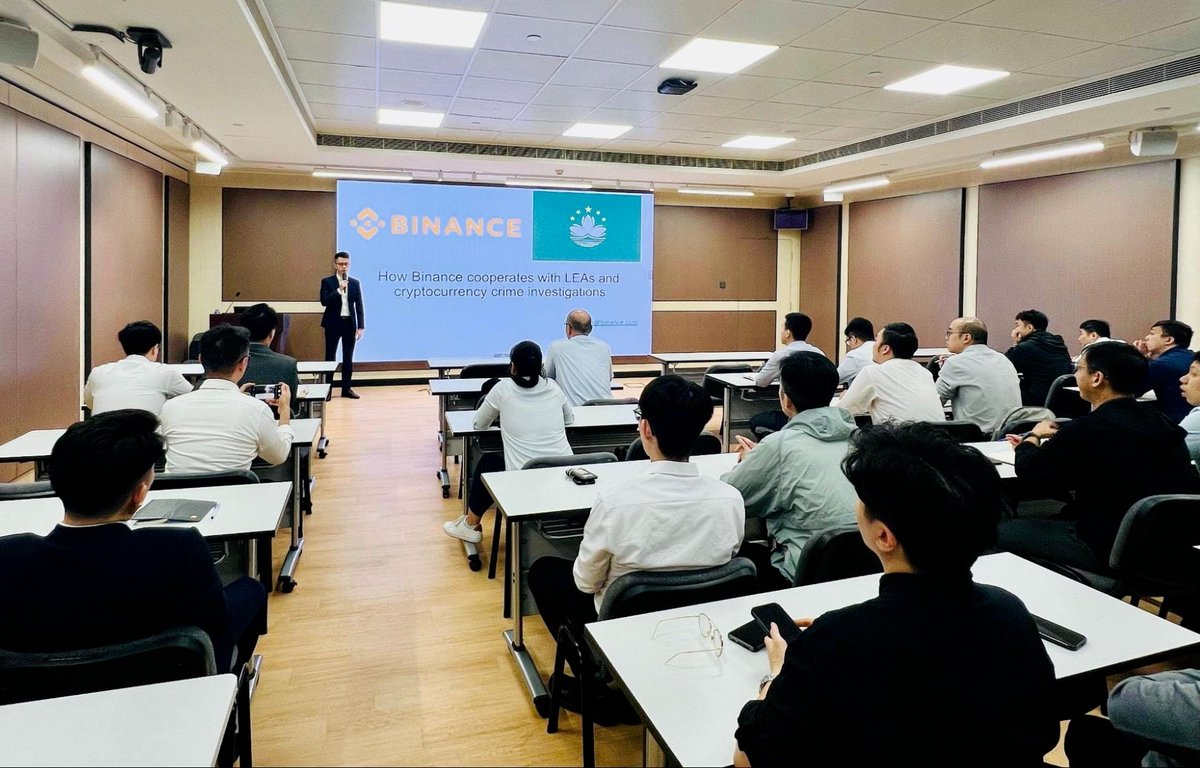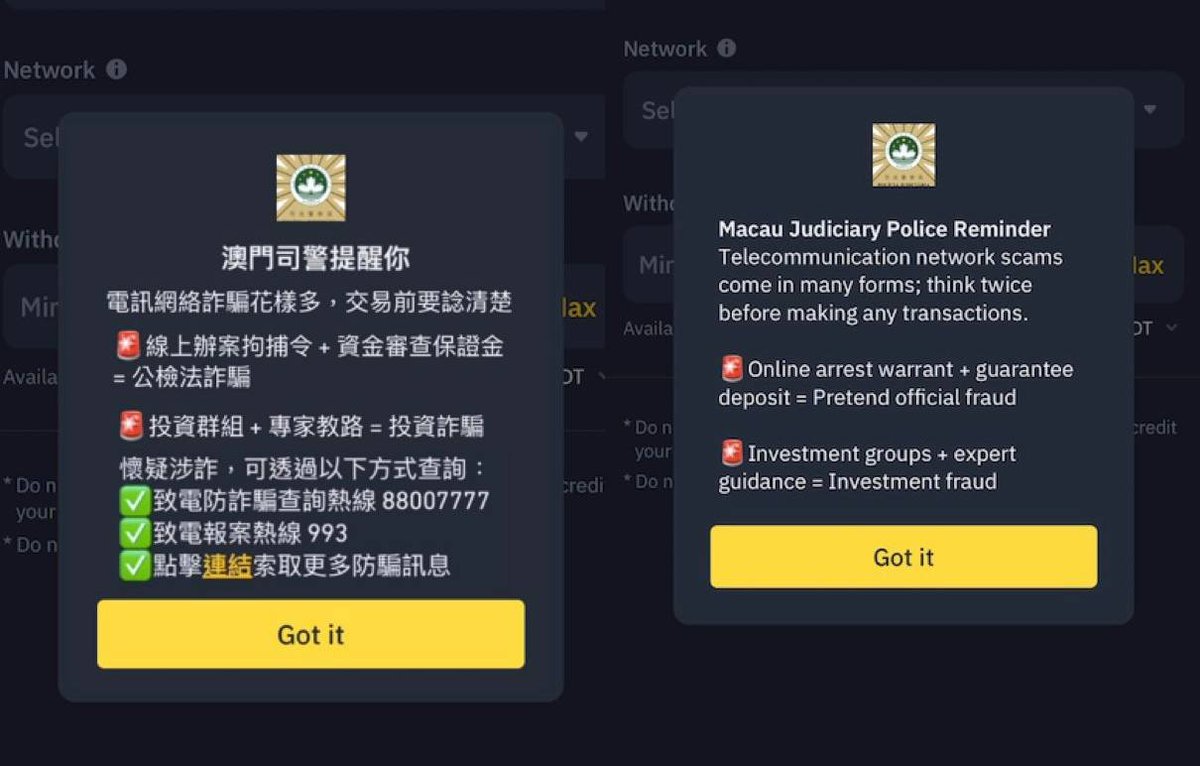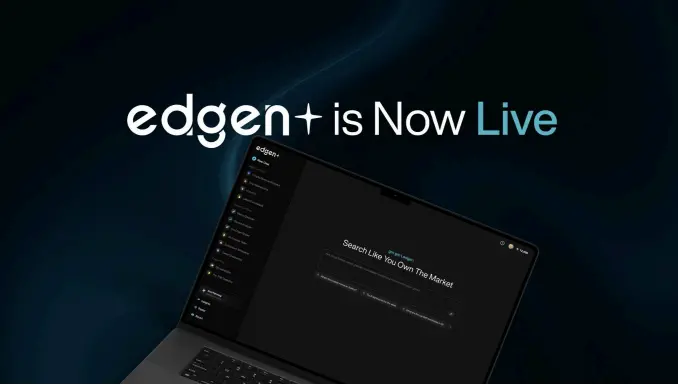The world's largest gambling city: Macau's Web3 and local life
Author: AB Kuai.Dong
You might be curious why a Japanese blogger has started writing about Macau. The main reason is that I became a son-in-law in Macau, and since last year, I have been traveling back and forth between Tokyo and Macau almost every month. Therefore, I wrote this article to organize my thoughts and share them with everyone.
Compared to other cities, Macau's foundation comes from the gambling and hotel industry, which has extended into tourism, retail, and luxury goods. Although there are intentions to develop the convention and exhibition economy, it is still built on the foundation of the gambling industry, with overall revenue more than twice that of Las Vegas.
The main content of this article covers:
- The local Web3 market
- The issue of belonging
- Government cooperation with Binance
- Government attitude towards Crypto
- Daily life of local peers
- Background of gambling groups and their views on Web3
Macau Web3 Market
Overall, Macau is a very small city, which has the advantage that any news spreads quickly, with no barriers or obstacles between information, and locals live comfortably.
Characteristics: Low pressure, trading while building, small community culture
Currently, there are about 20 to 30 active practitioners and KOLs in Macau. Some influential local communities include Mo Jin Xiao Wei (@0xBclub), DREAMER (@xxxDreamer_mo), and (@FredHsu88), all of whom are locals.
Among them, Mo Jin Xiao Wei worked for the MGM Group in Macau before entering the crypto space, where the boss is the gambling queen, Pansy Ho; DREAMER graduated from the University of Macau and is the founder of the Macau Crypto community 853.
Therefore, the local Web3 activity in Macau is more in the form of small communities, which aligns with Macau's characteristics of developing diverse cultural small communities given its limited population.
The Issue of Belonging
In many regions, the exchanges usually conduct local communication activities, such as in Hong Kong, Tokyo, and Singapore, where exchanges often have official representatives or ambassadors hosting offline events.
However, Macau faces a significant issue regarding belonging.
For example, Bybit associates its expansion and activities in Macau with Hong Kong, with contacts being from Hong Kong; Bitget, on the other hand, associates it with Taiwan, with contacts responsible for Taiwan.
The advantage is that due to the proximity of Macau to Hong Kong and the convenience of ferry travel, community exchanges with Hong Kong are quite frequent and close.
Official Cooperation with Binance
As early as 2020, Binance began engaging with the Macau government. For instance, the then Vice President of Binance also served as the Vice President of the Macau Blockchain Association and spoke at offline events.
Later, in May 2024, the Macau Judiciary Police invited Binance officials to Macau to conduct training courses for officers from the Criminal Investigation Department and the Gaming and Economic Crime Investigation Department, announcing subsequent close cooperation with local law enforcement.
Subsequently, when users in Macau perform operations such as withdrawals on Binance, they receive prompt messages from the Macau government, reducing the risk of users being scammed. Thus, Binance is the only Crypto exchange that has publicly collaborated multiple times with the Macau government.
Official Attitude Towards Crypto
Unlike Tokyo, Hong Kong, and Dubai, which adopt a positive attitude, the Macau government has a dual stance on Crypto. For example, the Macau Monetary Authority (AMCM) clearly states that Crypto is not legal tender or financial instruments but highly speculative "virtual goods," with transactions involving significant risks and not regulated by financial authorities.
On the positive side, the Macau government once planned to amend the "Legal System for the Establishment and Issuance of Currency," suggesting that digital forms of currency be included in the category of legal tender and granted equal status with traditional paper money and coins, typically referring to compliant stablecoins.
🔹 Therefore: For speculative and volatile tokens, the official stance is more cautious and warning;
🔹 While: For compliant and stablecoins, the official attitude is more positive.
Daily Life of Local Peers
Due to Macau's close ties with the mainland and lower visa thresholds compared to Hong Kong, it is very easy to travel to Macau without the worry of needing to apply for a long-term visa. Additionally, Macau is not an immigration city, so the demand for labor and elite talent is much lower than in Japan and South Korea.
Macau is generally divided into the Macau Peninsula, Taipa, Cotai, and Coloane, with over 90% of local peers residing in the peninsula area, while the southern areas of Taipa, Cotai, and Coloane are more about reclaimed land and the gambling city.
Dining
Daily consumption in Hong Kong and Macau is roughly equivalent, but since the Macau government distributes money every year and various consumption vouchers, many restaurants actively respond. For example, locals can enjoy a 20% discount with their ID card, making dining expenses actually lower than in Hong Kong.
Hotels
Due to the large number of casinos with their own hotels and the use of floating prices based on room occupancy, many internationally renowned hotel brands are cheaper in Macau.
Housing
Since traveling from Macau to Hengqin and Zhuhai is very convenient, the local rental market also faces competition from the mainland, so rental prices in central areas are much lower compared to Hong Kong Island and Kowloon.
Six Major Gambling Groups
Currently, Macau has issued a total of 6 licenses, divided into three main and three subsidiary:
- SJM Holdings: Represents: Lisboa, Grand Lisboa; Feature: Once the only gaming operator in Macau, still operates the most casinos.
- Galaxy Entertainment Group: Represents: Galaxy, StarWorld; Feature: Owns the largest casino resort in Macau, focusing on high-end luxury experiences.
- Sands China: Parent company: Las Vegas Sands; Represents: Venetian, Parisian, Londoner, Sands Cotai Central; Feature: Large-scale casino resorts, with the Venetian being the largest casino in the world.
- Wynn Macau: Parent company: Wynn Resorts; Represents: Wynn Macau, Wynn Palace; Feature: Focuses on luxury VIP services, known for its VIP lounges and high-end gaming.
- MGM China: Parent company: MGM Resorts; Represents: MGM Macau, MGM Cotai; Feature: Unique artistic design, attracting a young high-end clientele.
- Melco Resorts & Entertainment: Represents casinos: City of Dreams, Studio City, Morpheus; Feature: Rich entertainment facilities, including the world's highest Ferris wheel and the House of Dancing Water show.
Many visitors to Macau cannot avoid the related industries or entertainment of these six groups, which in some ways are similar to Japan's infrastructure consortiums and Hong Kong's family offices, providing support for Macau's development.
However, none of these six major gambling groups have publicly discussed or supported Crypto, so there is currently no local influence, and many locals have little interest in Crypto.
Currently, the main focus of these six groups is more on expanding cultural and entertainment aspects, such as hosting large exhibitions, celebrity concerts, and influencer events. Therefore, exchanges or project parties may consider collaborating with gambling groups to host large exhibitions locally.
This is an overview of Web3 and local life in Macau. I hope the content is helpful to you. Thank you.











